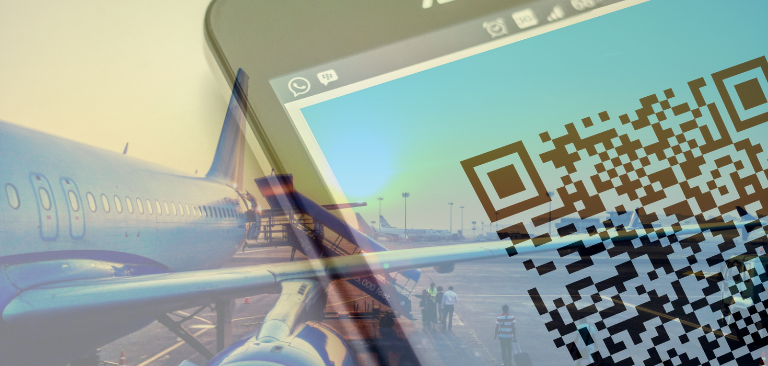The EU has proposed the adoption of digital COVID-19 certificates, which it says would allow EU citizens who have been vaccinated to resume normal life and international travel. The proposal is an effort to revive the tourism industry.
According to a draft plan obtained by The Financial Times, the EU is preparing to introduce the so-called digital vaccine passports. These apps would allow people who have been vaccinated, recently tested negative, or those who have recovered to move around freely.
However, these “vaccine passports” raise discrimination and privacy invasion concerns. EU member states are not at a consensus on the appropriateness of vaccine passports. France argues that such a pass would discriminate against the poor, as they are less likely to get the jab. However, countries such as Spain and Greece, who heavily rely on tourism, insist that these passports are the only way to revive the economy.
Aside from governments, the tourism, air travel, and tech industry is advocating their adoption.
The EU is avoiding the use of the term “passport,” insisting that the certificate is not a passport but a universal system to assist governments coordinate international travel as member states continue rolling out the vaccines.
The draft states that EMA-approved vaccines should be recognized by all member states. However, it also says members have the right to recognize vaccines not approved by the EMA.
It appears, despite privacy and discrimination concerns, vaccine passports are coming as they are receiving little pushback. Privacy and security experts and enthusiasts are trying as much as possible to raise concerns about the technology that holds the entire proposals together.
“The proposal does not yet meet the requirements of data protection and protection against discrimination,” said German Pirate MEP Patrick Breyer in a statement to TechCrunch. “It does not ensure that the digital variant of the certificate is stored decentrally on devices of the person concerned and not in a central vaccination register.”
The EU Commission president, Ursula von der Leyen, said yesterday:
“The certificate will make sure that the results of what it shows — the minimum set of data — are mutually recognized in every Member State…in a safe, responsible and trusted manner.”
The proposals that were recently outlined by Der Spiegel are said to involve QR codes combined with blockchain technology.






















